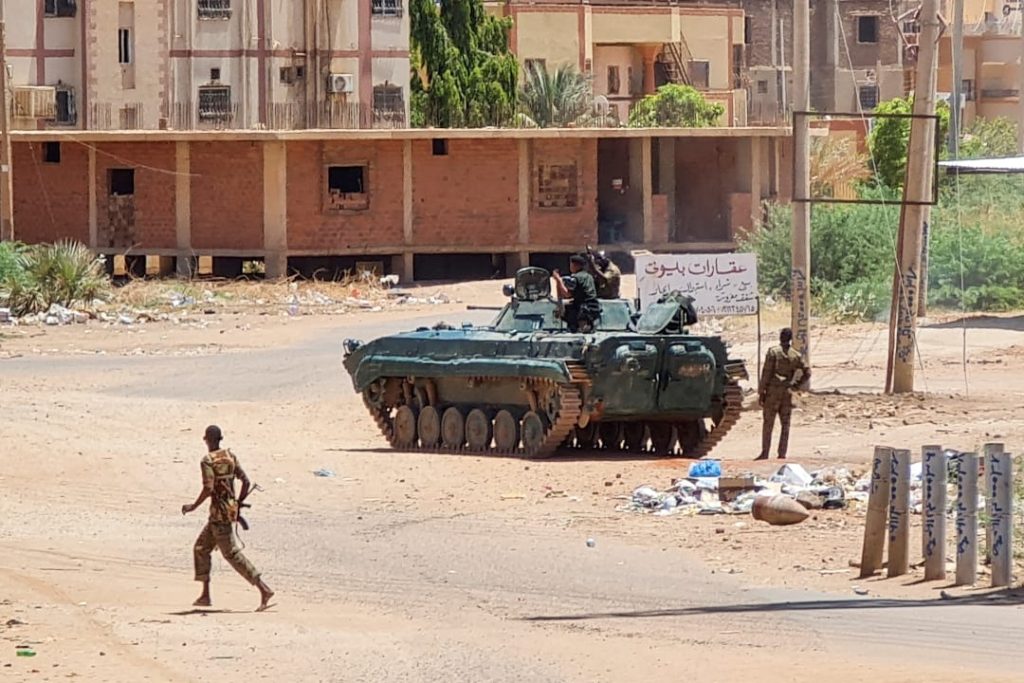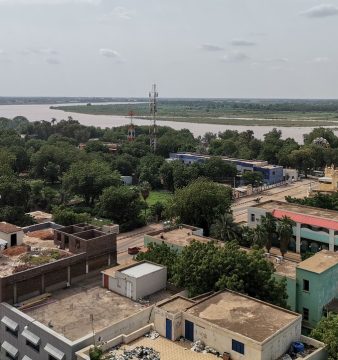Is the Sudanese Army Advancing or is the RSF Receding?

The ongoing war in Sudan between the Sudanese Armed Forces (SAF), led by Abdel Fattah Al Burhan, the de facto ruler of Sudan, and the Rapid Support Forces (RSF), led by Mohamed Hamdan Dagalo (Hemedti), has reached a critical juncture, marked by strategic shifts, military tactics, and political implications. The central question revolves around the effectiveness of SAF’s defensive strategy against RSF’s rapid and aggressive maneuvers.
Initially, SAF adopted a defensive strategy, relying heavily on airstrikes to target RSF camps. However, this approach proved inadequate as RSF adapted by dispersing into residential areas, making them difficult to target. SAF’s reliance on militias, a policy inherited from former Sudanese President Omar Al Bashir, further compounded the issue, as these forces lacked the mobility and firepower needed to counter RSF effectively.
As the conflict progressed, RSF’s control expanded, with significant territorial gains across eight out of Sudan’s eighteen states. These gains not only provided strategic advantages, but also facilitated the influx of weapons and manpower from neighbouring countries, fueling concerns of prolonged conflict and regional instability.
In response to escalating RSF advances, SAF has begun reassessing its military strategy. Recognising the need for infantry forces capable of matching RSF’s mobility and firepower, SAF has increasingly relied on militias, despite the inherent risks of their unpredictable behaviour and limited control.
Recent military victories in Omdurman have underscored the effectiveness of this revised approach, yet concerns linger regarding the sustainability of relying on militias and the potential for further escalation. The recent atrocities committed by both sides, including beheadings and genocide in West Darfur, highlight the urgent need for a comprehensive strategy that addresses not only military objectives, but also humanitarian concerns.
Moreover, the conflict’s geopolitical dimensions cannot be overlooked. Regional interests and proxy dynamics have complicated the situation, with RSF’s strategic halt suggesting a delicate balance of power influenced by external factors. Any imbalance in military strength risks undermining prospects for a political settlement, as demonstrated by recent failed negotiations and unrealistic demands.
In light of these complexities, achieving a decisive military victory remains elusive for both sides. The perpetuation of conflict not only exacerbates human suffering, but also risks entrenching a cycle of violence and instability. To break this vicious cycle, SAF must prioritise cutting RSF’s supply lines, thereby depriving them of crucial resources and weakening their operational capabilities.
However, the path to resolution extends beyond military victories. A clear and coherent political vision is imperative to translate battlefield successes into tangible progress towards peace. This requires engaging all stakeholders, including regional actors, in constructive dialogue and compromise. On 8 March, the UN proposed a ceasefire in Sudan during the holy month of Ramadan, aiming to facilitate the delivery of aid to 25 mn people facing severe hunger, as the humanitarian efforts are currently suspended. Although Al Burhan reportedly welcomed this resolution, the Sudanese Foreign Ministry released a statement on Friday outlining conditions necessary for a ceasefire to take effect. These conditions include the withdrawal of the RSF from the states they have seized control of. So far, there has been no response from the RSF. On the first day of Ramadan, Khartoum experienced a temporary cessation of hostilities. However, conflict erupted the next day, after a prolonged siege imposed by SAF on RSF in Omdurman, SAF successfully regained control of the national TV and radio headquarters from the RSF.
Ultimately, the key to ending Sudan’s brutal war lies in restoring the balance of power on the ground while pursuing inclusive and sustainable political solutions. Only through concerted efforts to address the root causes of conflict and promote reconciliation can Sudan hope to emerge from the shadows of violence and chart a path towards a more stable and prosperous future.
___________________________________________________________________________________________

Hamed Ahmed Adam holds bachelor’s degree (Honours) in geographical information system (GIS) and cartography from the University of Khartoum, Sudan, and a master’s degree in development economics from the Doha Institute for Graduate Studies, Doha, Qatar, where he previously was a research assistant. He worked as teaching assistant at the State University of New York (SUNY) based in Doha, Qatar. Hamed’s research interests include economic development, institutional economics, landscape and climate change, and sustainability issues in the Middle East and North Africa (MENA) region.




